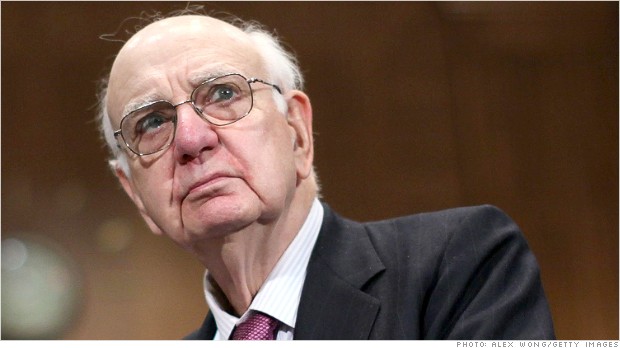May 9 (Reuters) - Hungary's central bank won't use its reserves to help households who owe trillions of forints worth in foreign currency loans, Governor Gyorgy Matolcsy told the weekly Heti Valasz.
Even after earlier relief programmes, hundreds of thousands of families remain exposed to swings in the forint's value after taking on euro and Swiss franc debt in a real estate boom.
Under Matolcsy, a former
economy minister who took over from the hawkish Andras Simor in March, the bank has offered 250 billion forint ($1.1 billion) to help small firms with foreign currency loans.
But in the interview published on Thursday, Matolcsy gave a blunt "no" when asked if he could envisage using some of the bank's foreign currency reserves, worth 35.9 billion euros ($47.3 billion) at the end of April, to resolve the loans problem completely.
There were similar messages on Wednesday from
Economy Ministry state secretary Zoltan Csefalvay, who said the government could do no more to help mortgage holders, and the central bank's managing director Marton Nagy, who said Hungary should bring in personal insolvency laws to help to deal with bad debts.
Hungary's large stock of foreign currency loans poses a major risk for central Europe's most indebted nation. It also limits the effectiveness of monetary policy because most household debt is denominated in Swiss francs or euros.
The bank has lowered interest rates in cautious quarter-point steps by a combined 225 basis points to a record low of 4.75 percent over the past nine months as inflation plunged to a 38-year low due to energy price cuts and weak demand.
Matolcsy affirmed his cautious policy stance in the interview, but added that he had discussed with bankers the idea of reducing interest rates "near consensus levels" in two or three bigger steps - an idea eventually abandoned.
"The overwhelming majority of leading bankers and strategic advisors recommended this approach (to avoid bigger cuts), and this is also closest to the conservative and responsible monetary policy that I advocate," Matolcsy was quoted as saying.
http://www.reuters.com/article/2013/05/09/hungary-centralbank-idUSL6N0DP2GT20130509?feedType=RSS&feedName=financialsSector
 FORTUNE -- Are you among the suspected tens of thousands of Americans with a secret Swiss bank account that you are still hiding from the Internal Revenue Service? If so, you are about to acquire a Matterhorn-sized headache.
FORTUNE -- Are you among the suspected tens of thousands of Americans with a secret Swiss bank account that you are still hiding from the Internal Revenue Service? If so, you are about to acquire a Matterhorn-sized headache.




